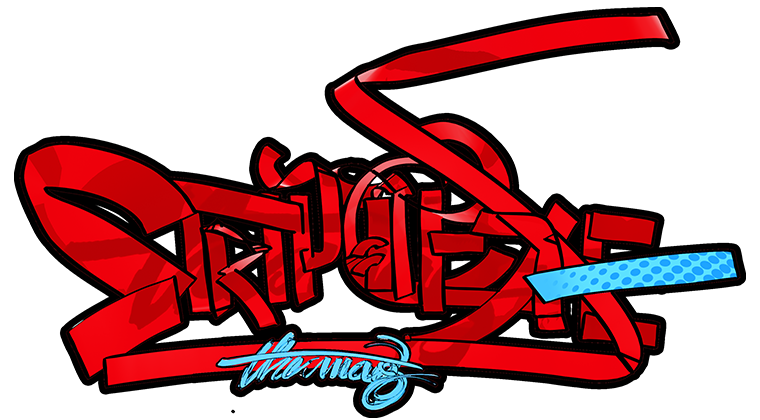Intellectual Property and the Paraphernalia It Comes With
 When we think of property, we think of the material, the physical, but intellectual property is something that exists in the nebulous sphere of the mind. When you write a story, create a character, draw a comic, you have complete intellectual and creative control over it. This creative control is defined in legal terms as your intellectual property, or IP.
When we think of property, we think of the material, the physical, but intellectual property is something that exists in the nebulous sphere of the mind. When you write a story, create a character, draw a comic, you have complete intellectual and creative control over it. This creative control is defined in legal terms as your intellectual property, or IP.
Like everything else in the legal word, intellectual property, copyrights, trademarks and the like are all subject to the whims of law – law which is constantly redefined and redrawn to suit evolving needs, in this case, the needs of the publishing industry. Having copyright over something currently means that you don’t have rights to the basic premise or to the idea at its core but the way it is expressed or its fixity in different mediums. So you could very well create a vigilante in a red cape, but you couldn’t call it Superman. This, however, creates grey areas through which independent artists are exploited, as we shall see.
At the same time, the comics, and the publishing industry as a whole, is evolving. The digital format means that the way we define copyright and trademarks needs to be rethought. Unlike the music industry which nearly swallowed its own head in its Ouroborus-esque refusal to engage with the digital format until a few years ago, the publishing industry seems to have embraced it with big name publishers leaping into the e-text game. However, when it comes to IP in the digital era, comic creators and publishers cannot see eye to eye. While creators would happily make their work available to new digital distribution models and seek out new paths through which to help their readers access their work and garner revenue, publishers seem to still believe that digital should be subject to the same laws of pricing and copyright as print. This is absurdity at its best – digital formats cannot and should not be priced at print equivalence, and neither can you expect them to be distributed the way a physical copy of a graphic novel is. Ultimately these regressive beliefs could spell the death of the comic book industry as disgruntled readers choose to privately share and distribute digital formats in the event of the inaccessibility of their beloved characters through steep pricing and universal non-availability.
You see it happening all the time around you – how many times have you downloaded a scanned comic from the internet simply because it was not available to buy at a reasonable price point somewhere near you? Publishers need to harness the power of the internet and make digital downloads easy, legal and cheap so that new generations of comic book lovers can be inducted into the fold and old fans kept excited and satisfied. The life of a comic book character does not lie in the hands of creators or publishers – in the end, fans are who help a character come to life through their interest and love, be it in the form of fanart, cosplay or even multi page threads in forums.

